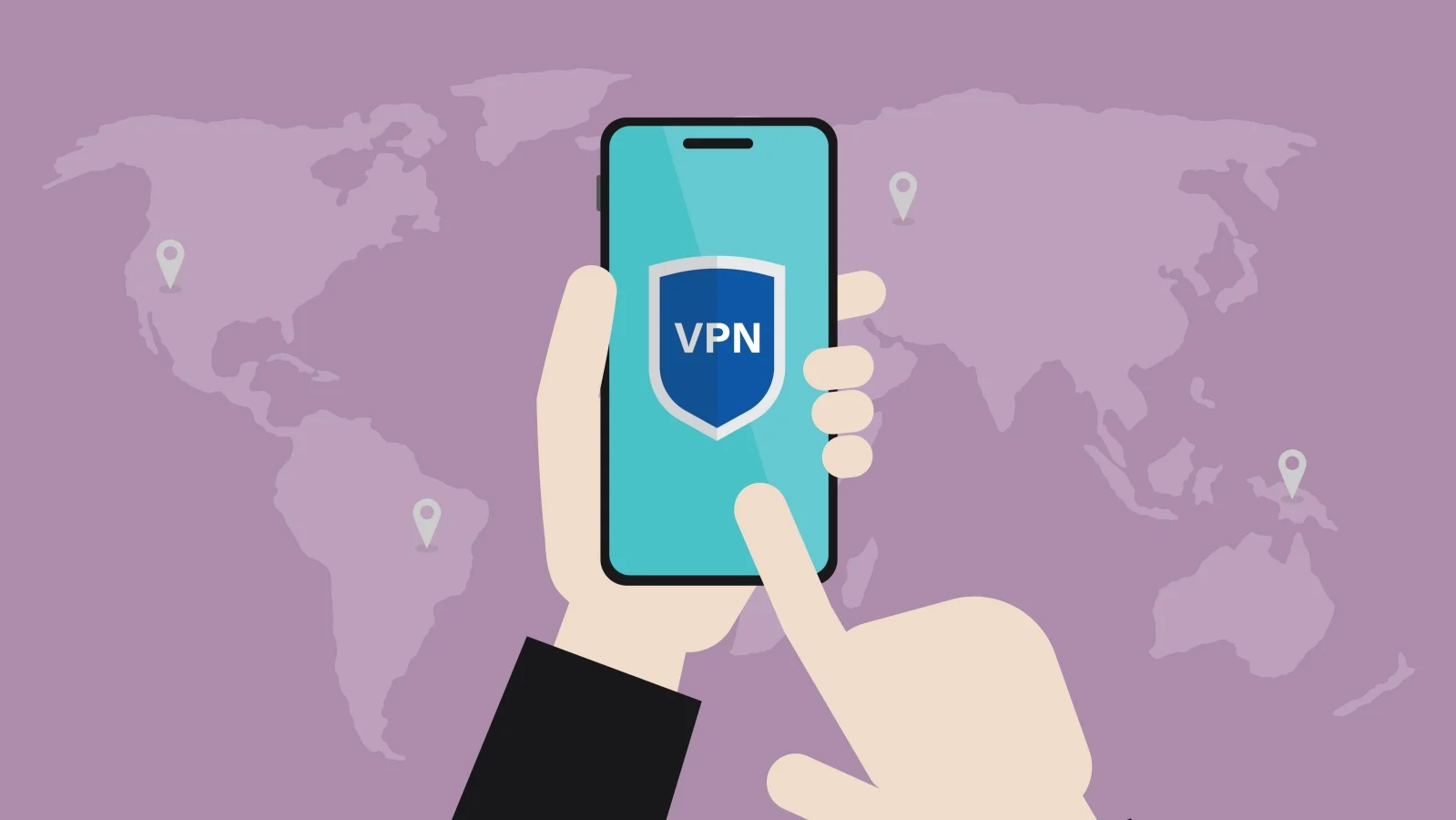The Article Tells The Story of:
- VPN Apps Removed: India pulls Cloudflare’s 1.1.1.1, Hide.me, and others from app stores.
- Government Mandates: Rules demand extensive data retention from VPN providers.
- Industry Backlash: NordVPN, Surfshark, and others oppose and scale back operations in India.
- Future Uncertain: Tensions grow between global tech and Indian regulations.
India Removes Key VPN Apps Amid Controversial Data Retention Rules
India has removed over six popular VPN apps from the Apple App Store and Google Play Store following an order from the Ministry of Home Affairs. Among the targeted apps is Cloudflare’s widely used 1.1.1.1 VPN service. The action stems from the government’s strict new data retention rules, which critics argue compromise user privacy and could deter global companies from investing in the country’s tech sector.
Check Out Similar Article of Cloudflare Launches New Tool to Combat AI Bots Published on July 5, 2025 SquaredTech
Details of the VPN Apps Removal
Affected apps include Hide.me, PrivadoVPN, and Cloudflare’s 1.1.1.1, which were removed after authorities deemed them non-compliant with Indian regulations. TechCrunch reviewed documents showing that the Indian Cyber Crime Coordination Centre, operating under the Ministry of Home Affairs, issued the orders. Google later disclosed the enforcement to the Lumen database at Harvard University, which tracks government-led takedown requests worldwide.
In a communication seen by TechCrunch, Apple cited demands from the Indian Cyber Crime Coordination Centre as the reason for the removals. Neither Apple, Google, nor the Ministry of Home Affairs has commented on the situation, adding to the uncertainty surrounding the move.
India’s 2022 VPN Apps Rules: Privacy at Stake
The enforcement action is the first major implementation of India’s 2022 regulatory framework for VPNs. These rules mandate that VPN providers and cloud service operators collect and store comprehensive user data for at least five years. The information required includes names, addresses, email IDs, IP addresses, and even payment transaction records. This data must be accessible to law enforcement upon request.
The government claims the rules enhance security and prevent cybercrime. However, privacy advocates warn they erode user rights and expose sensitive information to potential misuse. Critics have labeled the laws as excessive and in direct conflict with the principles of online anonymity that VPNs are designed to protect.
Industry Pushback and Operational Changes
Major VPN Apps providers, including NordVPN, ExpressVPN, Surfshark, and Proton VPN, have publicly opposed India’s regulations. In response to the new rules, these companies have removed their physical servers from India, citing concerns over data privacy and user trust.
Despite scaling back their operations, these providers continue to serve Indian users via virtual servers located outside the country. This workaround ensures users retain access to VPN services while avoiding compliance with India’s data laws. However, the decision has also meant a reduction in marketing and promotional activities targeting the Indian market.
Cloudflare, a leader in internet infrastructure and cybersecurity, faces a significant setback with the removal of its 1.1.1.1 VPN app. The app was praised globally for its user-friendly approach to online privacy and secure browsing.
Privacy vs. Security Debate
India’s crackdown on VPN Apps raises questions about the balance between national security and individual privacy. While authorities argue that stricter rules are necessary to combat cybercrime and protect citizens, critics worry that these measures undermine trust in technology platforms.
Experts suggest that compliance with such regulations could make India a less attractive destination for global tech firms. This sentiment aligns with broader concerns about the country’s increasingly assertive regulatory environment, which has affected companies across sectors, including social media, e-commerce, and digital payments.
Broader Implications for the Industry
The removal of these VPN Apps could set a precedent for future government actions against non-compliant tech companies. With India being one of the fastest-growing digital markets, such regulatory moves may force international firms to rethink their strategies.
For Indian users, the immediate impact includes reduced access to VPN services and potential exposure to online surveillance. Many users rely on VPNs to bypass geo-restrictions, access blocked content, and enhance their cybersecurity. The crackdown might leave millions without tools to safeguard their digital presence.
What’s Next for VPN Providers in India?
As global VPN Apps providers face mounting pressure to adhere to Indian laws, the industry is calling for dialogue with the government. Companies hope to find a middle ground that allows them to maintain their commitment to user privacy while addressing legitimate national security concerns.
The current enforcement action also signals to smaller VPN companies that compliance will be non-negotiable. Many are now weighing the cost of adhering to India’s strict laws versus pulling out of the market entirely.
Stay Updated: Tech News


